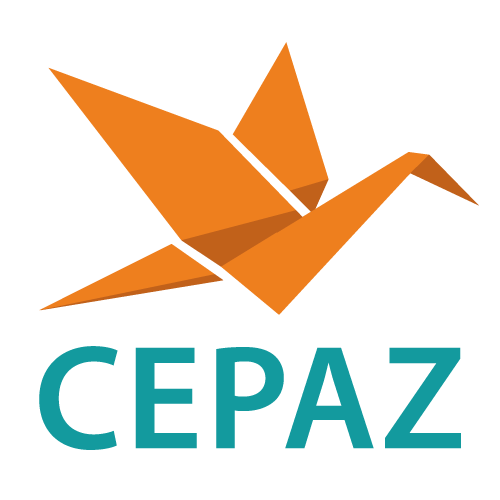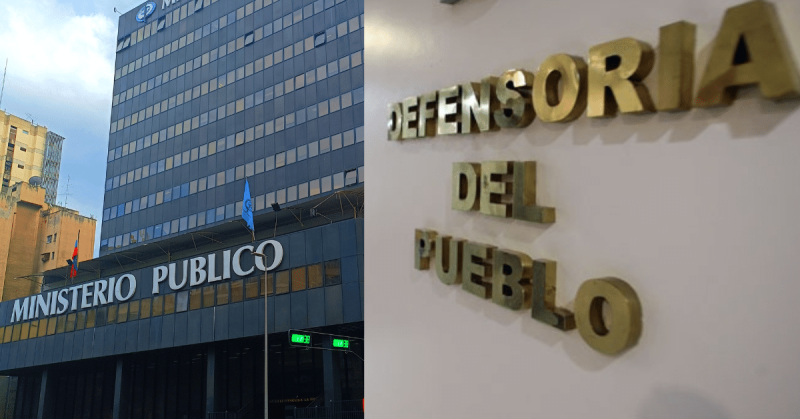In December 2014, CEPAZ, in its commitment to defend and promote human rights in Venezuela, published the report «Political Persecution in Venezuela, Systematization of Patterns of Persecution of Venezuelan Political Dissidents», which revealed the existence of repeated and systematic persecution practices to political dissent by the Venezuelan government, which violate the civil and political rights enshrined in the CRBV, the ICCPR, the ACHR and other legal instruments, as well as international principles and standards related to due process, fundamental freedoms of manifestation and opinion, non-discrimination and the right to equality, political participation and respect for the individual’s physical integrity, among others[1]. At that time we identified that “political persecution is a form of repression and attack against the practice of an ideology that discerns of those in power, it is necessary now to make a statistical count by the political party that has been more involved in the cases of persecution according to the leaders who have been affected” (Cepaz Report, 2014).
The previous report, which reviews the year 2014, was a first approximation to the scheme/patterns of political persecution that had developed in recent years, which deepened in 2014, a year characterized by large demonstrations against the government of President Nicolás Maduro, as well as by the birth of new dissident political leaders and the resurgence of others.
[1]CEPAZ Report, “Political Persecution in Venezuela. Systematization of patterns of persecution to Venezuelan political dissidents”. Caracas, 2014, p. 8. Available at: www.cepaz.org.ve







